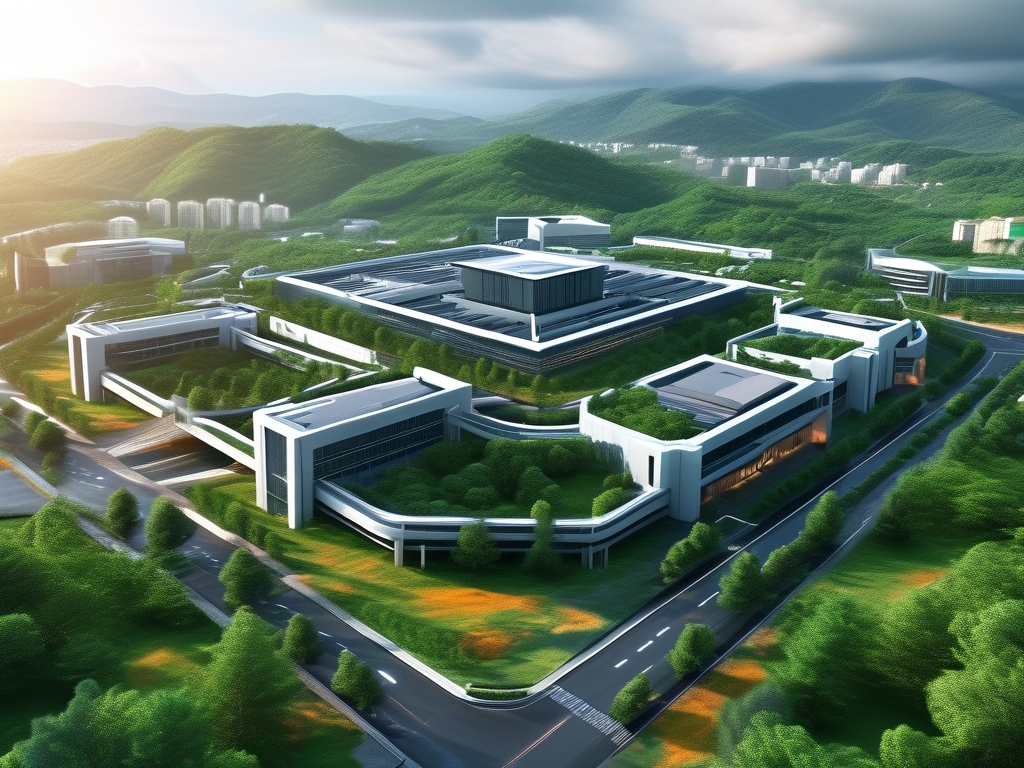In today’s rapidly evolving technological landscape, the demand for seamless integration of intelligent systems has never been higher. At the heart of this transformation lies the Intelligent Systems Integration Architect, a role that combines technical expertise, strategic vision, and cross-disciplinary collaboration to build cohesive, adaptive, and scalable solutions. This article explores the responsibilities, skills, and impact of this critical profession in shaping the future of industries ranging from manufacturing to healthcare.

The Evolving Role of an Intelligent Systems Integration Architect
An Intelligent Systems Integration Architect designs frameworks that unify disparate technologies—such as artificial intelligence (AI), Internet of Things (IoT), cloud computing, and edge computing—into a single, interoperable ecosystem. Unlike traditional system architects, this role emphasizes intelligence-driven decision-making and real-time adaptability. For example, in a smart factory, an integration architect might develop a system where AI-powered predictive maintenance tools communicate with IoT sensors and robotic arms to minimize downtime. This requires not only technical proficiency but also an understanding of business goals and user needs.
Core Responsibilities
- Holistic System Design: The architect must create blueprints that ensure compatibility between legacy systems and cutting-edge technologies. This involves selecting protocols, APIs, and middleware that enable data flow across platforms.
- Cross-Functional Collaboration: Bridging gaps between software developers, data scientists, and operational teams is crucial. For instance, integrating a hospital’s patient monitoring devices with AI-driven diagnostic tools demands alignment between medical staff and IT specialists.
- Scalability and Security: As systems grow, architectures must support expansion without compromising performance. Security is equally critical, especially in sectors like finance or defense, where data breaches could have catastrophic consequences.
Key Skills and Competencies
- Technical Mastery: Proficiency in programming languages (Python, Java), cloud platforms (AWS, Azure), and integration tools (Docker, Kubernetes) is essential.
- Systems Thinking: The ability to visualize interactions between components—such as how an AI model’s output influences IoT device behavior—is vital.
- Adaptability: With technologies advancing rapidly, architects must stay updated on trends like quantum computing or 5G networks.
- Soft Skills: Negotiating priorities, explaining technical concepts to non-experts, and leading multidisciplinary teams are equally important.
Industry Applications
- Manufacturing: Integration architects enable Industry 4.0 by connecting robotics, supply chain analytics, and human-machine interfaces. A well-designed system might reduce production errors by 30% through real-time feedback loops.
- Healthcare: Integrating electronic health records (EHRs) with wearable devices and AI diagnostics can personalize patient care. For example, a cardiac monitoring system could alert doctors to anomalies detected by AI before symptoms arise.
- Smart Cities: Architects design infrastructures where traffic management systems, energy grids, and public safety networks operate synergistically. Barcelona’s smart city initiative, which reduced energy consumption by 25%, exemplifies this approach.
Challenges and Future Trends
One major challenge is interoperability, as proprietary systems often resist integration. Standardization efforts, such as IEEE’s P2801 for AI governance, aim to address this. Additionally, ethical considerations—like bias in AI algorithms—require architects to advocate for transparency.
Looking ahead, the rise of edge AI (processing data locally on devices) and digital twins (virtual replicas of physical systems) will redefine integration strategies. Architects will also play a pivotal role in sustainability, optimizing energy use in data centers or enabling carbon-neutral smart grids.
The Intelligent Systems Integration Architect is more than a technical role—it is a bridge between innovation and practicality. By harmonizing diverse technologies, these professionals empower organizations to harness the full potential of digital transformation. As industries increasingly rely on interconnected systems, the demand for skilled architects will continue to surge, making this career both impactful and future-proof.
In a world where technology’s complexity grows exponentially, the Intelligent Systems Integration Architect ensures simplicity, efficiency, and intelligence coexist. Their work not only drives operational excellence but also paves the way for breakthroughs that redefine what’s possible.


